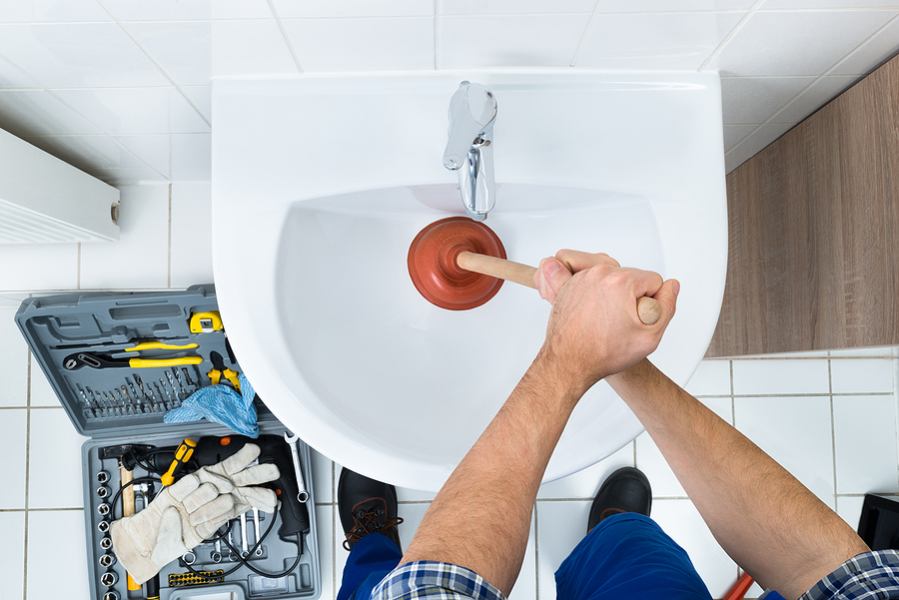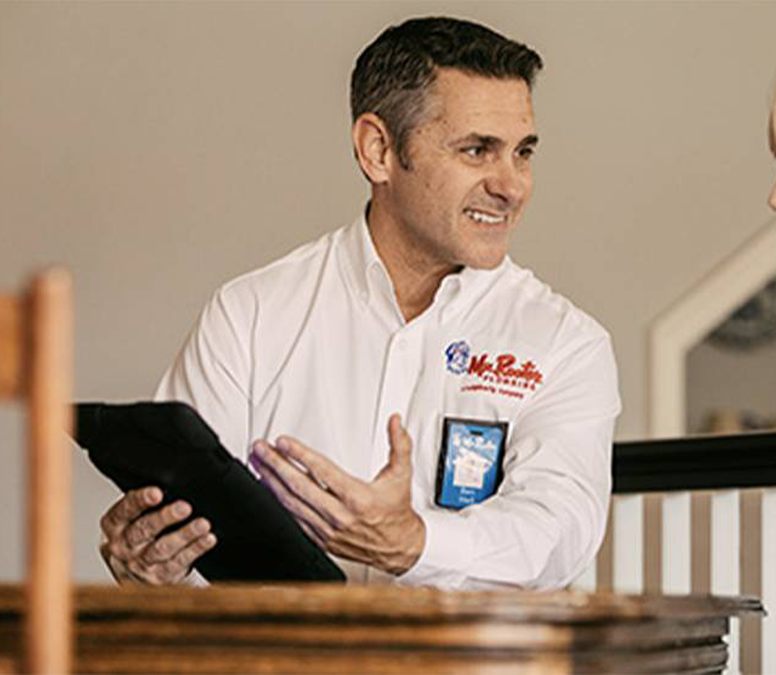Call This Saturday to Get $50 Off Any service over $500
Do You Need a Local Plumber in Waco, TX?
Call us Now to Get $35 OFF.
Call This Saturday to Get $50 Off Any service over $500
Do You Need a Local Plumber in Waco, TX?
Call us Now to Get $35 OFF.

A slow-draining sink may seem like a minor inconvenience, but it's often a sign of a deeper plumbing issue that, if left unaddressed, can lead to more severe problems such as wastewater backups and costly repairs. In this article brought to you by Mr. Rooter Plumbing, we share some solutions to fix a slow-draining sink, and we’ll also offer preventative measures to keep your drains flowing smoothly. If you need professional plumbing service or drain cleaning, you can always hire the uniformed plumbers from Mr. Rooter Plumbing. Our live representatives and dedicated plumbers are on standby for your call.
Fortunately, there are many solutions for fixing a slow-draining sink. If you notice your sinks are taking longer to drain, or if they are making gurgling sounds, then it’s time to address the problem of a clog. Here are some ways you can go about this:
Many homeowners like the convenience and quickness of chemical drain cleaners, but we advise against these products because the harsh chemicals can be rough on plumbing pipes as well as the environment. The solutions we proposed earlier are safer and preferred by plumbers.

An ounce of prevention is worth more than a pound of cure, and there are many preventative measures you can take to avoid the headache of slow drainage in the first place. For beginners, install mesh drain covers to catch hair, food particles, and other debris before they enter the drain. Also, make it a habit to clean your sink and remove debris from the drain regularly.
Further, be mindful of what you allow down the drains. Dispose of cooking grease in a separate container rather than pouring it down the drain, and opt for liquid soap over bar soap. Periodically flush your sink with hot water to help prevent buildup.
Finally, schedule periodic drain cleaning to clear the drains of gunk and muck. It is advisable to have the drain cleaned once every year. Residents in the area can call Mr. Rooter Plumbing to schedule a convenient appointment or hire a uniformed plumber.
If your pipes have seen better days, you may have noticed frequent leaks, discolored water,…
No matter where you live in Texas, you know how unpredictable the weather can be.…
A common nuisance in many homes is a dishwasher that won’t drain, resulting in dirty…